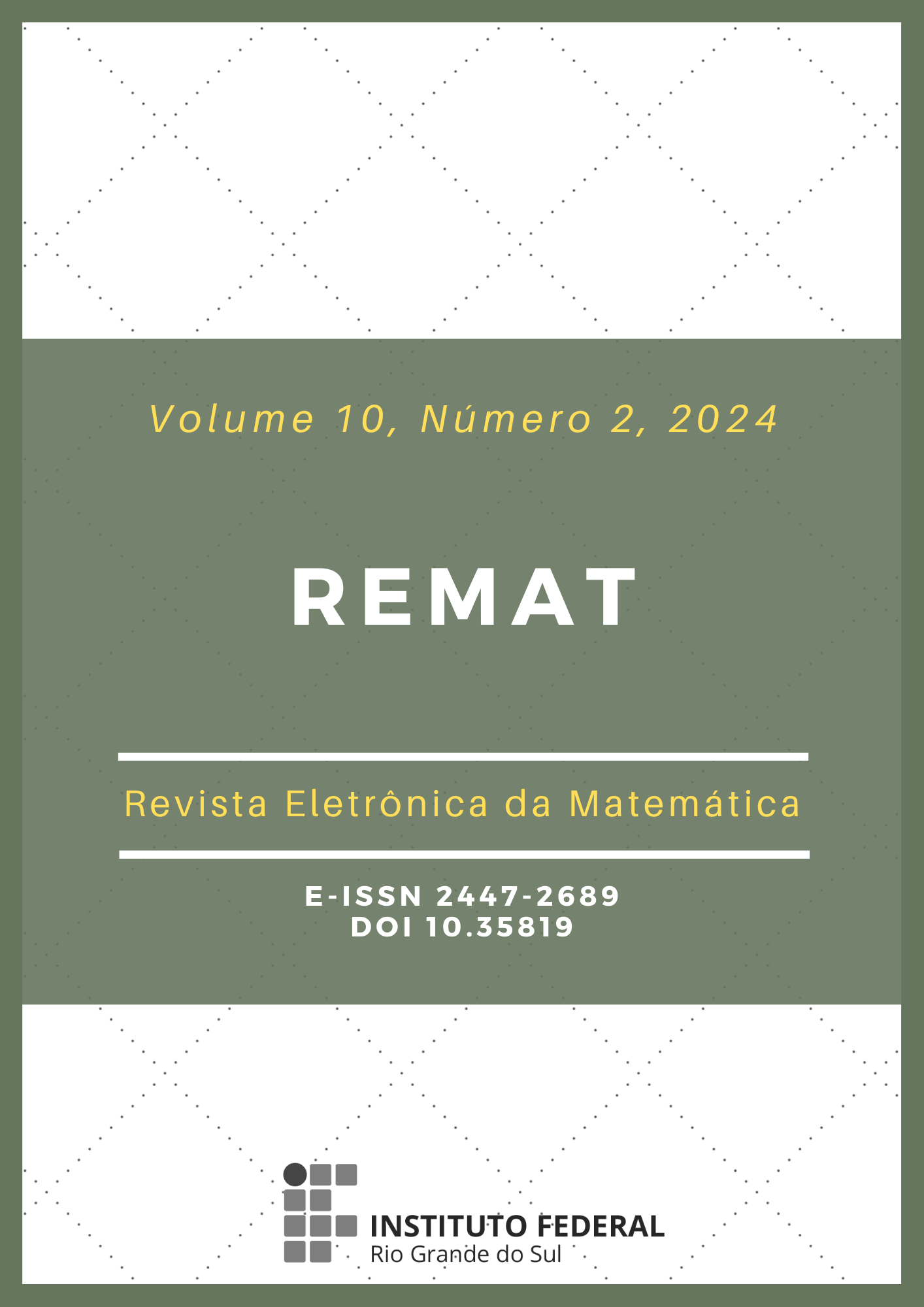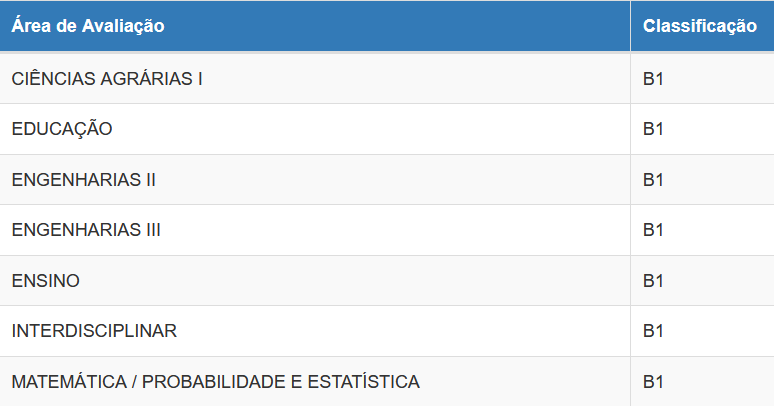Exact solution to partial differential equations based on Lie symmetries by operator exponential rule
DOI:
https://doi.org/10.35819/remat2024v10i2id6913Keywords:
Lie symmetries, exponential of operators, partial differential equation, exact solutionAbstract
In this work it is presented the exponential method of operators is presented, which consists of a technique for solving partial differential equations (PDE) that involve linear operators with the characteristic of invariance. Starting from the idea based on Lie symmetries, we propose a representation of a solution in terms of an exponential of a linear operator, which is obtained through the expansion of the exponential in a series of powers and the use of an approximation technique to deal with each term in the series. This technique involves decomposing the operator into a sum of two or more simple operators, which can be exactly solved and, therefore, without the need to talk about analysis of convergence, stability or errors involved in the approximation of the differential operators involved. Five first-order partial differential equations are solved, verifying the exact nature of the solutions found, in addition to their illustration in graphic form.
Downloads
References
BOYCE, W. E.; DIPRIMA, R. C.; MEADE, Douglas B. Equações Diferenciais Elementares e Problemas de Valores de Contorno. 11. ed. Rio de Janeiro: LTC, 2010.
DATTOLI, G.; MANCHO, A. M.; QUATTROMINI, M.; TORRE, A. Exponential operators, generalized polynomials and evolution problems. Radiation Physics and Chemistry, [s. l.], v. 61, n. 2, p. 99-108, 2001. DOI: https://doi.org/10.1016/S0969-806X(00)00426-6.
IBRAGIMOV, N. H. Elementary Lie Group Analysis and Ordinary Differential Equations. 2. ed. New York: John Wiley & Sons, 1999.
GEORGI, H. Lie Algebras In Particle Physics: from Isospin To Unified Theories. 1. ed. Cambridge: Cambridge University Press, 2000. DOI: https://doi.org/10.1201/9780429499210.
GILMORE, R. Lie Groups, Physics, and Geometry: An Introduction for Physicists, Engineers and Chemists. Cambridge: Cambridge University Press, 2008.
OLVER, P. J. Applications of Lie Groups to Differential Equations. 2. ed. New York: Springer-Verlag, 1987.
ZEE, A. Group theory in a nutshell for physicists. New Jersey: Princeton University Press, 2016.
Downloads
Published
How to Cite
Issue
Section
License
Copyright (c) 2024 REMAT: Revista Eletrônica da Matemática

This work is licensed under a Creative Commons Attribution 4.0 International License.
REMAT retains the copyright of published articles, having the right to first publication of the work, mention of first publication in the journal in other published media and distribution of parts or of the work as a whole in order to promote the magazine.
This is an open access journal, which means that all content is available free of charge, at no cost to the user or his institution. Users are permitted to read, download, copy, distribute, print, search or link the full texts of the articles, or use them for any other legal purpose, without requesting prior permission from the magazine or the author. This statement is in accordance with the BOAI definition of open access.

































